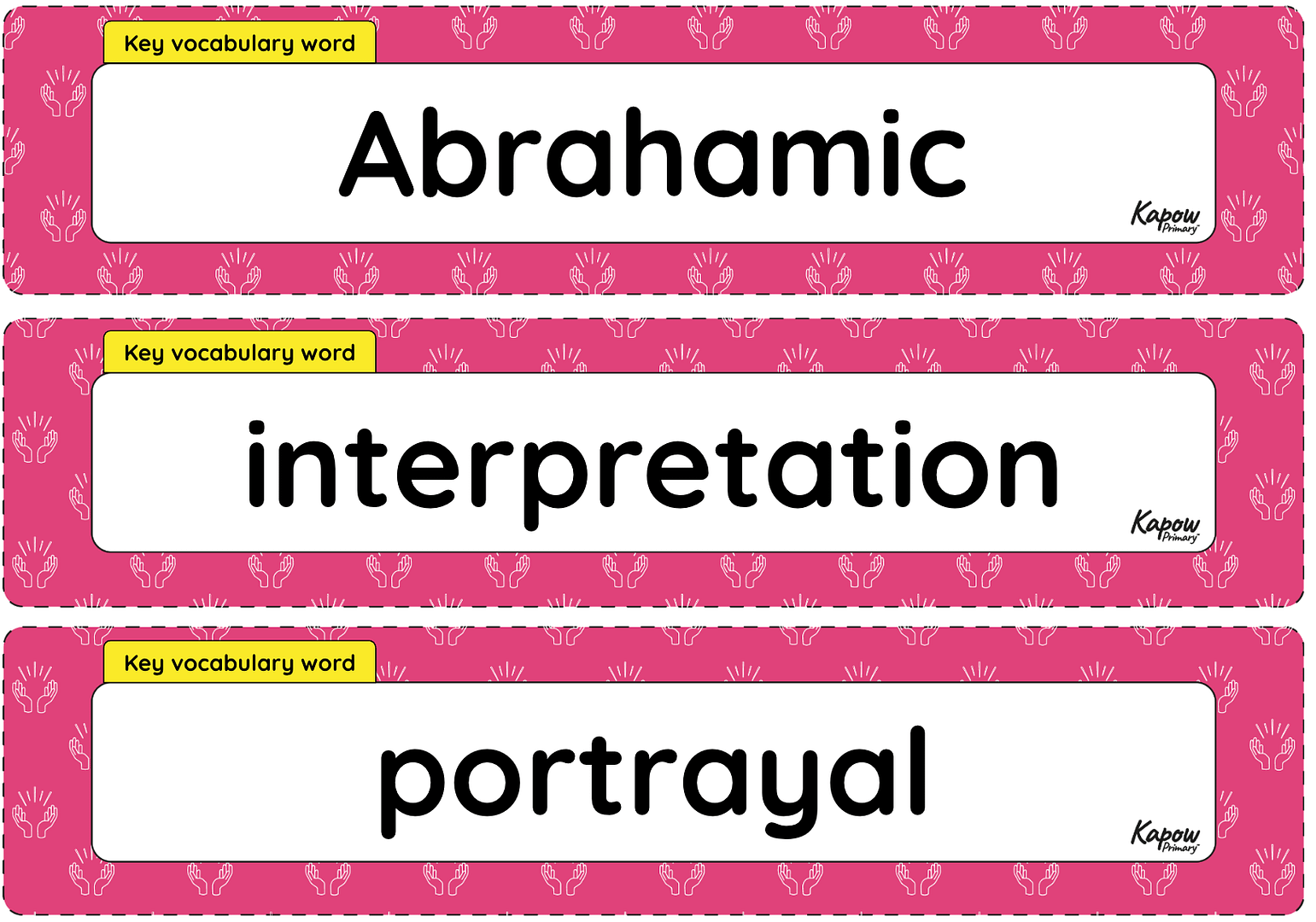Y5/6 (A): What happens when we die? (Part 1)
Interpreting different sources of wisdom and beliefs about what happens when people die.
The Curriculum and Assessment Review final report has been released. We’re reviewing the recommendations and planning for future updates. Learn more
- Subjects >
- Religion and worldviews >
- Mixed-age >
-
Y5/6 (A): What happens when we die? (Part 1)
Unit outcomes
Pupils who are secure will be able to:
- Recognise that many people believe in a soul.
- Make links between a soul and eternal life.
- Understand there are different Jewish ideas about death.
- Consider how forgiveness can be part of someone’s beliefs about death.
- Make links between Muslim beliefs about Jannah and the historical geography for many Muslims.
- Understand that funerals can differ within and between worldviews.
- Make links between Christian sacraments and beliefs about death.
- Use the word atonement when discussing forgiving sins.
- Reflect on the similarities and differences of beliefs held in different worldviews.
Caution:
- This unit explores the concept of death, including various beliefs and practices surrounding it.
- Create a safe space for the children to discuss and consider their ideas about it.
- Consider any recent bereavement or personal issues pupils may have and be ready to consult with the Senior Leadership Team if necessary.
- Modify lessons based on pupil needs and emotional readiness; some lessons offer alternative activities for sensitive topics.
- It is recommended to inform parents and carers before teaching this unit.
Suggested prior learning
Y5/6 (A): Why do Dharmic religions look different around the world?
Get startedLessons
Y5/6 (A): Lesson 1: Why do some people believe in a soul?
- To recognise the significance of the soul in people’s beliefs about the afterlife and its role in Abrahamic worldviews.
Y5/6 (A): Lesson 2: How do some people make up for bad deeds?
- To explore some Jewish beliefs about death through the concept of purgatory.
Y5/6 (A): Lesson 3: If there is a heaven, what might it be like?
- To explore Muslim beliefs about the afterlife by investigating sources.
Y5/6 (A): Lesson 4: What is the purpose of a funeral?
- To explain what funerals can mean in different worldviews.
Y5/6 (A): Lesson 5: How do some people seek forgiveness in their lives?
- To explore the role of forgiveness for some people in different worldviews.
Y5/6 (A): Lesson 6: How do some people remember those who have died?
- To recognise the significance of Dia de los Muertos for some Catholic people.
Key skills
Key knowledge
Related content
Unit resources

Knowledge organiser – R&W Y5/6 (A): What happens when we die? (Part 1)
Aimed at pupils, two pages providing key facts and definitions from the mixed-age unit. 'What happens when we die? (Part…

Vocabulary display – R&W Y5: What happens when we die? (Part 1)
A display version of the vocabulary from the 'What happens when we die? (Part 1)' unit.
Cross-curricular opportunities
Art and design: Record observations.
English: Reading comprehension; spoken language.
History: Early civilisations.
RSE: Respectful relationships.
British values: Mutual respect; tolerance of those with different faiths and beliefs.

